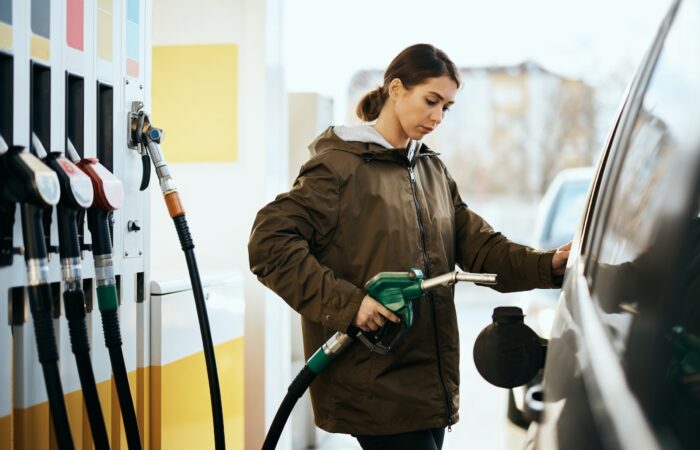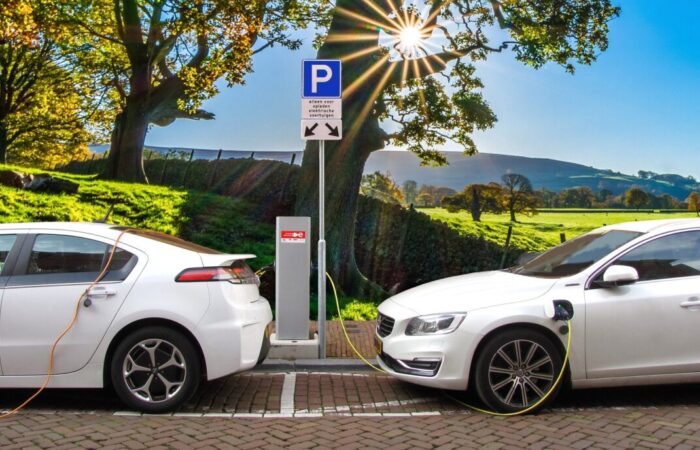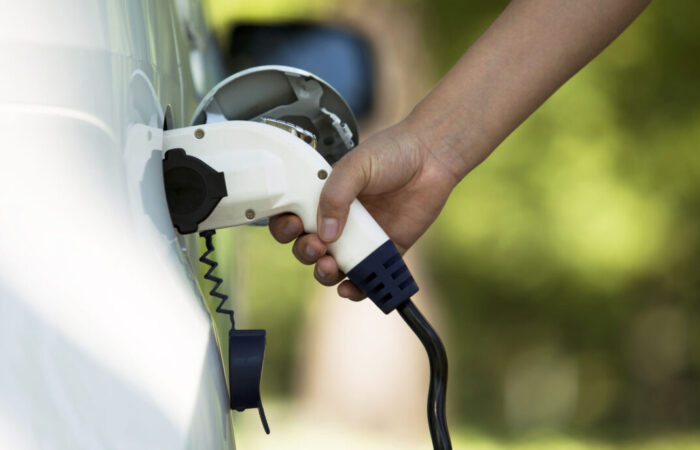Fossil fuels set a lot of tongues wagging. The use of diesel and heating oil is strongly discouraged from political corners. But the measures that are taken are not in line with the technology-neutral approach on which the sector is urging.
Johan Mattart, General Director of Brafco (Belgian Federation of Fuel Merchants), makes a plea for diesel engines and home heating oil systems that are actually able to play a role in and during the energy transition and should no longer be branded as environmentally unfriendly technologies.
You can read the full public opinion article here:
Witch hunt against diesel engine and home heating oil systems should stop!
A number of politicians trifle with the technology-neutral approach that the sector is urging for in their quest of disencouraging the use of fossil fuels – in the main diesel and heating oil.
As a consequence, investments in environmentally friendly solutions for diesel engines and home heating oil systems threaten to be cut back drastically. This leaves a lot of energy and CO2-saving potential untouched.
The fading out of the diesel vehicles, the ban on the placing of home heating oil systems in 2035, the subsidized support of heat pumps, the exemption of taxes on compressed natural gas (CNG) and the promotion of electric driven vehicles illustrate the broad arsenal of measurements that the authorized politicians in Belgium want to take or have already taken in their fight against the warming up of the earth.
A number of these measurements can hardly be qualified as ecological or as well-considered.The placing of electricity slurping heat pumps in existing houses is – given the sky-high price of electricity in Belgium – not the most clever choice. The question is if – given the annually recurring problem of a threatening shortage of electricity in winter – the heat pump will be able to function at times it should work… Anyhow, the nuclear exit and the switch to electrification of housewarming and vehicles will increase the rush for electricity drastically. This makes the construction of additional gas heated – and thus environmentally damaging – centrals inevitable…. unless the government chooses to import nuclear energy or brown cole generated electricity from France or Germany.
As far as the controversial prohibition on the placing of home heating oil systems is concerned, this intention is no doubt inspired by a superseded look on these heating appliances. They are generally characterized as old-fashioned and polluted because of the fact that they work on heating oil.
Policymakers often have no clue of the efforts the sector is making to reduce the ecologic footprint of the heating of oil. Apart from the increasingly better product qualities (with a low amount of Sulphur since 2016), the sector is also investing in very performing heating oil appliances (that are up to 40 % energy-efficient). Next to this, the sector chooses fully for hybrid heating systems that combine the heating of heating oil with renewable energy (cf. sun boilers). At the moment, there is also investment in R&D concerning synthetic fluid fuels that are renewable and completely CO2-neutral. These fuels can be used in current home heating oil systems without any problems and without any changes to the installations. However, these investments threaten to stop because of the prohibition of placing new home heating oil systems in the future.
The same goes for the fading out of diesel vehicles. When the diesel technology is no longer granted a future, why would people invest in R&D and the production of alternative synthetic fuels that can drive diesel engines?Alternative synthetic fluid fuels are already available, but in limited amounts. Take for example with hydrogen treated vegetable oil (HVO), that can be won out of waste streams. This renewable fuel can lower the CO2-discharge with 90%. Moreover, it scores significantly better than fossil diesel and gas oil when it comes to emissions of fine dust and nitrogen. In this respect, even older diesel engines that are driven with HVO can again have access to low emission zones. An additional advantage is that HVO can be used in pure form but can also be mixed with diesel and domestic heating oil without a problem. This does not require any changes to the engine or the heating installation. The diesel engine and the home heating oil systems can actually play a meaningful role during and after the energy transition. They deserve better than to be execrated as environmental unfriendly technologies.
If the Flemish government wants to encourage the use of these synthetic, renewable fuels, it is time they take a different track and reconsider the fading out of diesel vehicles and home heating oil systems in the light of these new developments.The federal government can chip in by lowering the taxes on HVO – that is allowed to be sold in our country since July 23 – to the European minimum instead of applying the diesel tax integrally to these renewable fuels. Because these taxes make the product now up tot 20% more expensive than the traditional diesel.
No taxes on CNG – a fossil fuel – but applying sky-high diesel taxes on a renewable fuel such as HVO… it feels like putting things on their head. Next to the rehabilitation of the diesel engine and the home heating oil systems, an adjustment is more than welcome.
Johan Mattart
General Director Brafco (Belgian Federation of Fuel Merchants)
Stay connected and follow us on LinkedIn!






